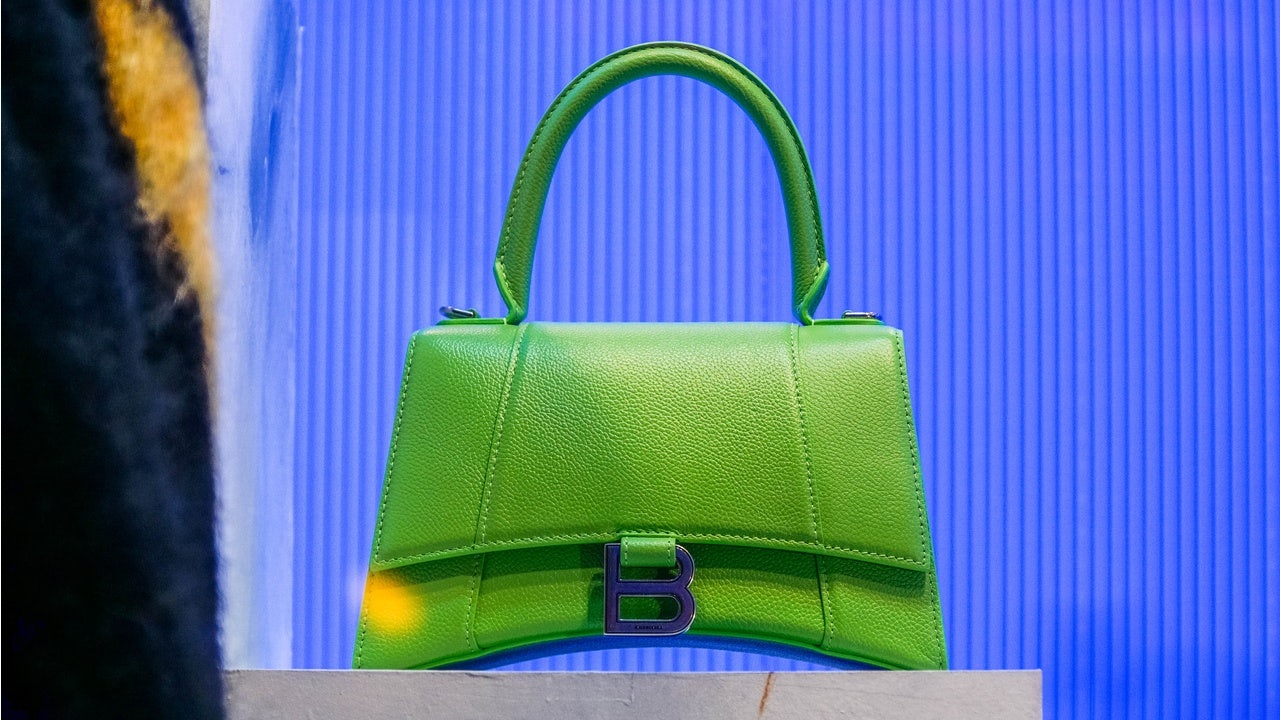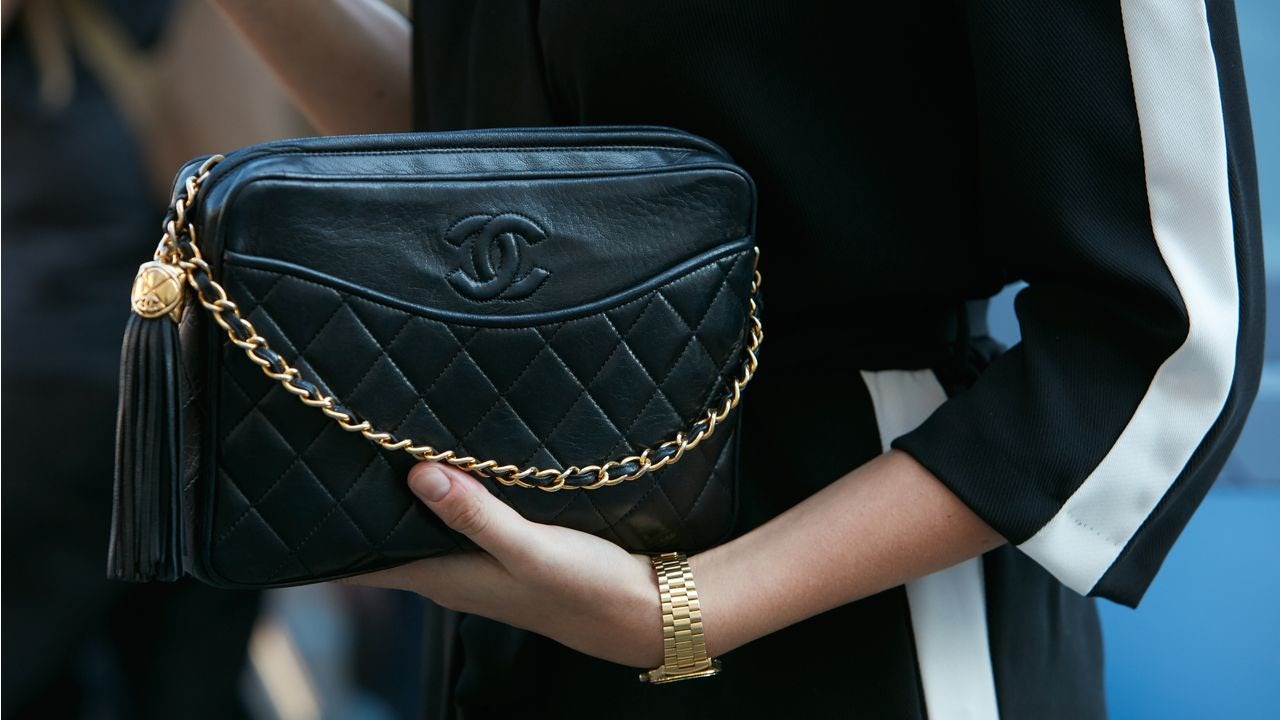Key Takeaways:#
It is common for daigous to sell the same product up to 30-percent cheaper than official brand prices. Even worse, many merchants based in China masquerade as daigous but sell items at prices so low that they could only be counterfeit versions.
For China teams, daigou sales make a significant dent in their revenues. In just a single month, daigou merchants sold more than 4.3 million (¥28 million) worth of five iconic handbags (Celine’s Box, Loewe’s Puzzle, Prada’s Hobo, Gucci’s Marmont, and Balenciaga’s Hourglass) — 4,000 bags in total.
Merchandising departments should utilize daigou data to refine stock allocations for coming collections. There is even an opportunity to optimize assortments by assessing unmet demands that daigous are satisfying.
The COVID-19 pandemic and its ensuing global turmoil have made China the key focus of the luxury industry. To meet domestic demand, brands have migrated to online flagship stores at Tmall and JD.com. But brands have quickly found that grey-market importers known as daigous have gone from being a minor annoyance to a real hindrance when it comes to online expansions.
Now, every luxury brand aspires to digitally recreate the refined retail experience and exclusivity that their physical stores are renowned for. Having their products listed next to daigou, often at discounted prices, is a direct challenge to this.
Daigous dampen the luxury experience and create pricing havoc#
The luxury industry has traditionally been reticent to expand into mass e-commerce, in part because of concerns that doing so would harm their exclusivity. And for luxury to be successful online, every aspect of the customer encounter must be equally exceptional and memorable.
Ofttimes, daigous do not adhere to branding guidelines or pricing strategies, and their presence on e-commerce marketplaces negatively affects the luxury brands they sell. It is common for daigous to sell the same product up to 30-percent cheaper than official brand prices. Even worse, many merchants based in China masquerade as daigous but sell items at prices so low that they could only be counterfeit versions.
For China teams, daigou sales make a significant dent in their revenues. Our own data showed that in just a single month, daigou merchants sold more than 4.3 million (¥28 million) worth of five iconic handbags (Celine’s Box, Loewe’s Puzzle, Prada’s Hobo, Gucci’s Marmont, and Balenciaga’s Hourglass) — 4,000 bags in total.
Yet these numbers only represent the recordable data, which is just the tip of the iceberg for online daigou promotion. Just 8 percent of the handbag listings by daigous earn a single sale in a calendar month. The indication here is that daigous utilize SEO tools to game marketplace listings and lure customers to their private channels like WeChat. In this way, brands not only lose out on revenue, but they also miss out on the essential CRM data they need to foster profitable long-term relationships with consumers.
Opaqueness in daigou data also negatively affects a brand’s ability to allocate its resources properly. For example, daigou revenue is often mistakenly attributed to overseas market activity when it is being made by Chinese consumers in China. This lack of visibility makes it difficult to direct and allocate marketing budgets correctly.
Dealing with daigous#
Daigous have become an integral part of the luxury shopping landscape in China, but brands can seek out ways to mitigate their impact. At a base level, decision-makers should be monitoring what daigous are doing, allowing them to reclaim some customer data. For the most flagrant guideline transgressor, especially those clearly selling counterfeits, brands can ask the platforms to take them down.
Monitoring these daigous can also create opportunities for brands to learn from these top merchants. Pricing is not the only reason daigous are successful, as many prosper by providing a personal-shopper service and increasingly being able to offer unique items that are unavailable domestically in China. Re-Hub’s data indicates that niche, limited-edition items account for around 30 percent of all daigou transactions, and many of them are priced higher than official retail prices in China.
Merchandising departments should also utilize daigou data to refine stock allocations for coming collections. There is even an opportunity to optimize assortments by assessing unmet demands that daigous are successfully satisfying.
Real-time daigou data could generate actionable insights from brands and expand their field of vision to areas of China luxury consumption that occur outside of their remit. Online, brands cannot avoid sharing bandwidth with the grey market. But they can manage the situation and bring customer data back into their own ecosystem.
Max Peiro is CEO of Re-Hub, and helps luxury and beauty brands in Asia to generate growth opportunities using AI and data solutions.

